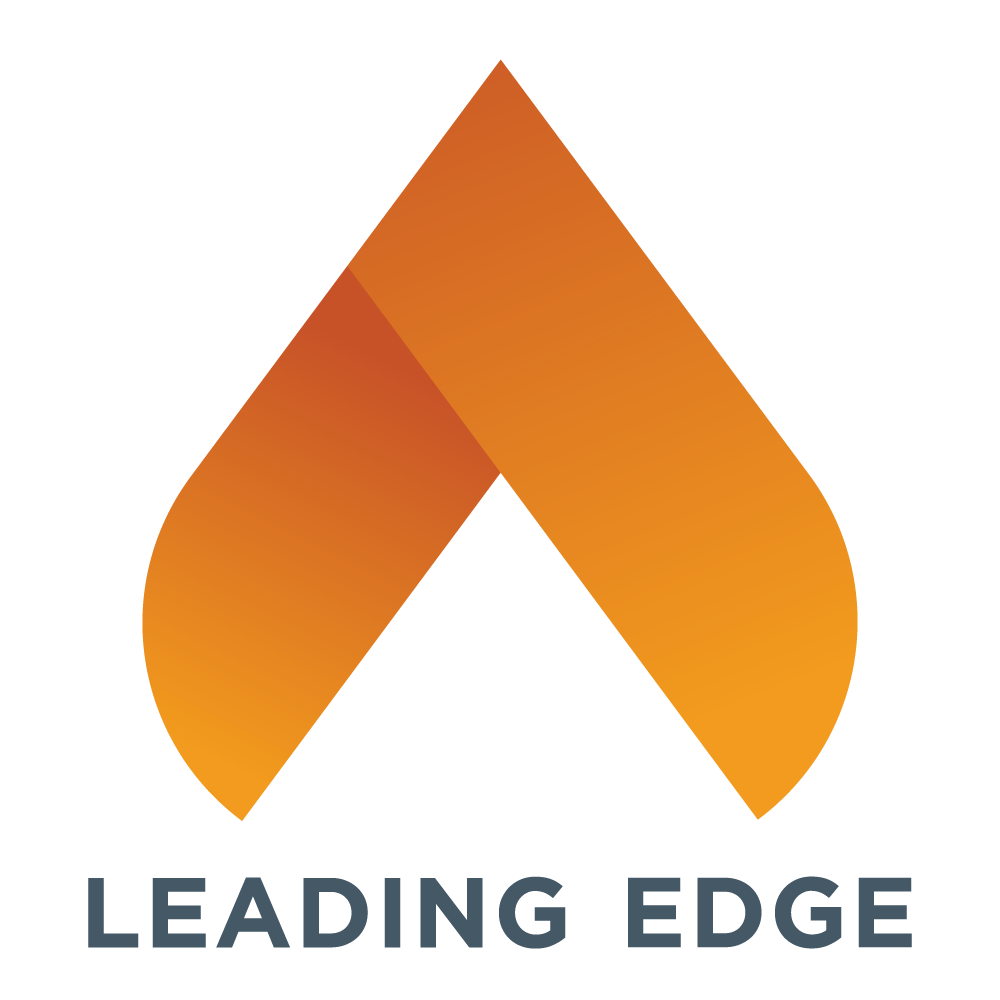
What We're Learning | June 2025
Here's what the Leading Edge team is learning about culture, executives, and boards this month.
The Power of Mattering at Work
Mattering at work enhances self-esteem, strengthens self-efficacy, and leads to better performance and satisfaction. But 30% of people report feeling invisible, and 65% feel underappreciated. Research shows that mattering happens most reliably through everyday interactions — especially when leaders take time to notice others, listen for total meaning, respond with compassion, and follow up meaningfully. This article shows leaders how to apply this concept in the workplace, and includes three activities leaders can use to get started.
READ MORE
CULTURE

How Agentic AI is Reshaping Workplace Culture
Agentic AI (software that can act independently and take initiative) is already changing how teams work. Framed as a “digital colleague,” it can reduce stress, support creativity, and improve retention. But leaders must ensure clear communication, build AI literacy, and ground adoption in autonomy and purpose.
READ MORE

The Workload Fairy Tale
Computer science professor and author Cal Newport examines 4-day workweek trials in Iceland, the UK, and Germany, where productivity held steady or even improved despite fewer hours. The results challenge what he calls the “workload fairy tale” and suggest a deeper need to rethink how we manage work in the knowledge economy.
READ MORE
EXECUTIVES

Executive Teams Are Losing Stakeholders’ Confidence. Here’s How to Get It Back.
Stakeholder trust in their leadership teams’ ability to handle volatility and uncertainty is at an all-time low. With no precedent to guide decision-making, public missteps are common and expectations remain high. In times like these, leadership teams that commit to showing up with transparency, humility, and unity give their organizations something rare: a steady hand.
READ MORE

Shifting From Compliance To Courage: 5 Ways HR Can Fix Workplace Sexual Harassment, Not Hide It
Many HR departments face real tension between supporting employees and protecting the organization in harassment cases. Creating safer, more supportive workplace cultures requires steps like third-party reporting, trauma-informed expertise, stronger whistleblower protections, and training that emphasizes culture change and clear accountability.
READ MORE
BOARDS

How Pioneering Boards Are Using AI
Few board members recognize AI’s potential to improve how they prepare for and participate in strategic discussions. AI can support directors individually, enhance the board’s information flow, and even join discussions. A practical, learning-by-doing approach helps integrate AI into boardroom work, with chairs playing a key role in driving engagement and momentum.
READ MORE

3 Ways to Activate Your Board Like the Future Depends on It
When the stakes are high, your board can be your biggest asset or your biggest drain. Building real relationships, engaging members strategically, and giving them meaningful ways to contribute can turn bystanders into bold leaders — especially when the future feels uncertain.
READ MORE
MORE:
- Chronicle of Philanthropy: 6 Steps to Turbocharge Your Board Recruitment
- NonProfitPRO: Boardroom Archetypes: Is Your Board a Wolf Pack?
- Allwork.Space: The Bard And The Boardroom: Why Today’s Best Leaders Read More Than Metrics
About the Author

Leading Edge mobilizes Jewish organizations to become places where great people deliver great impact.
Loading footer...



